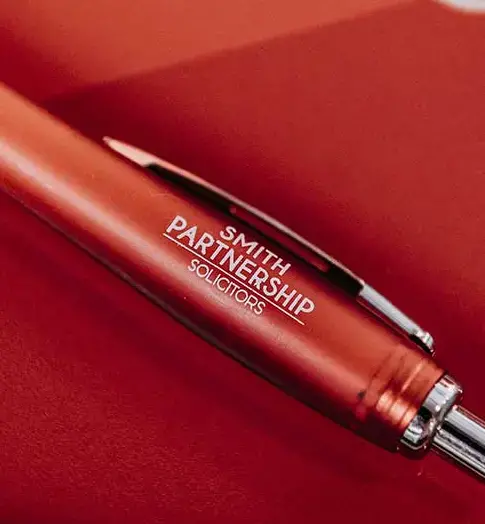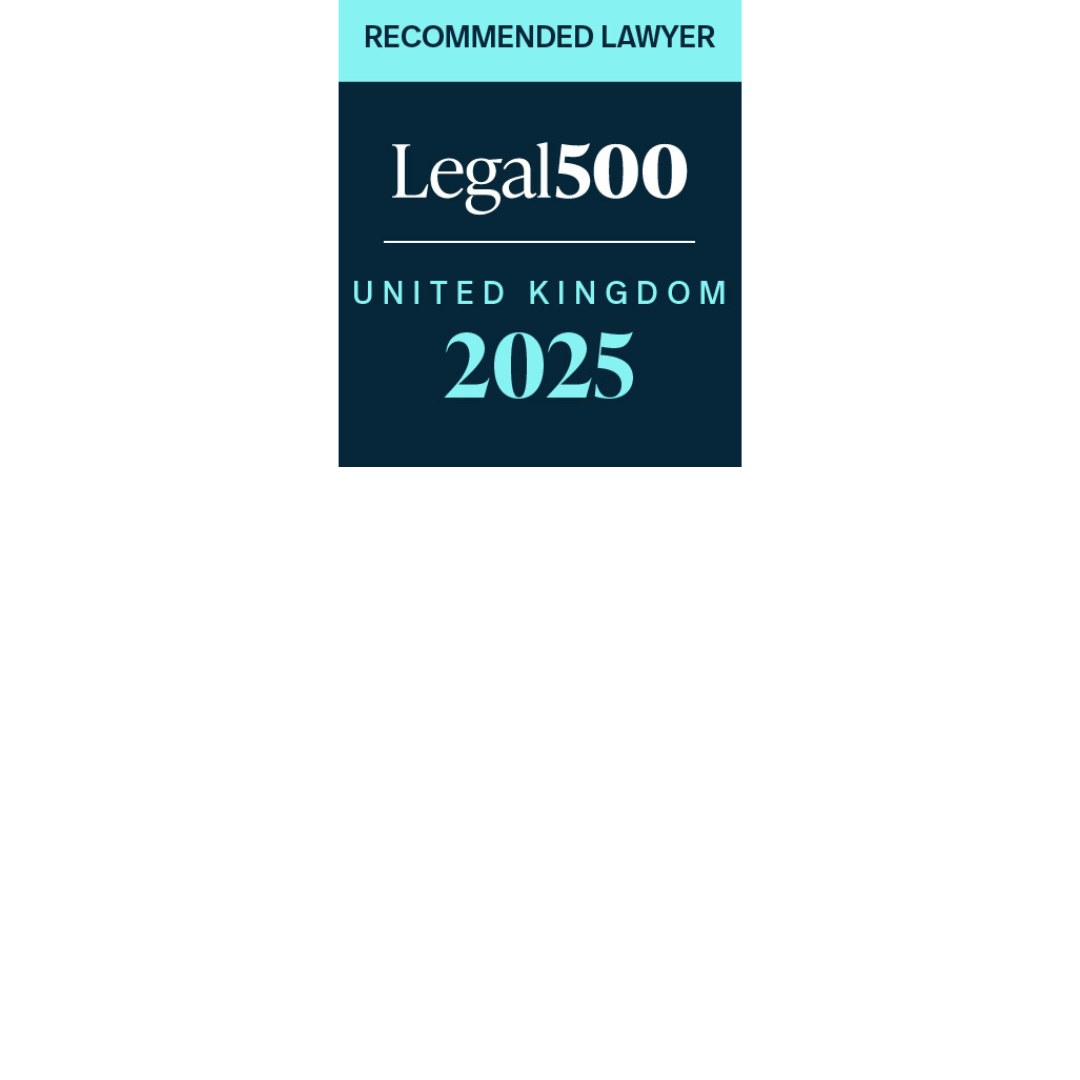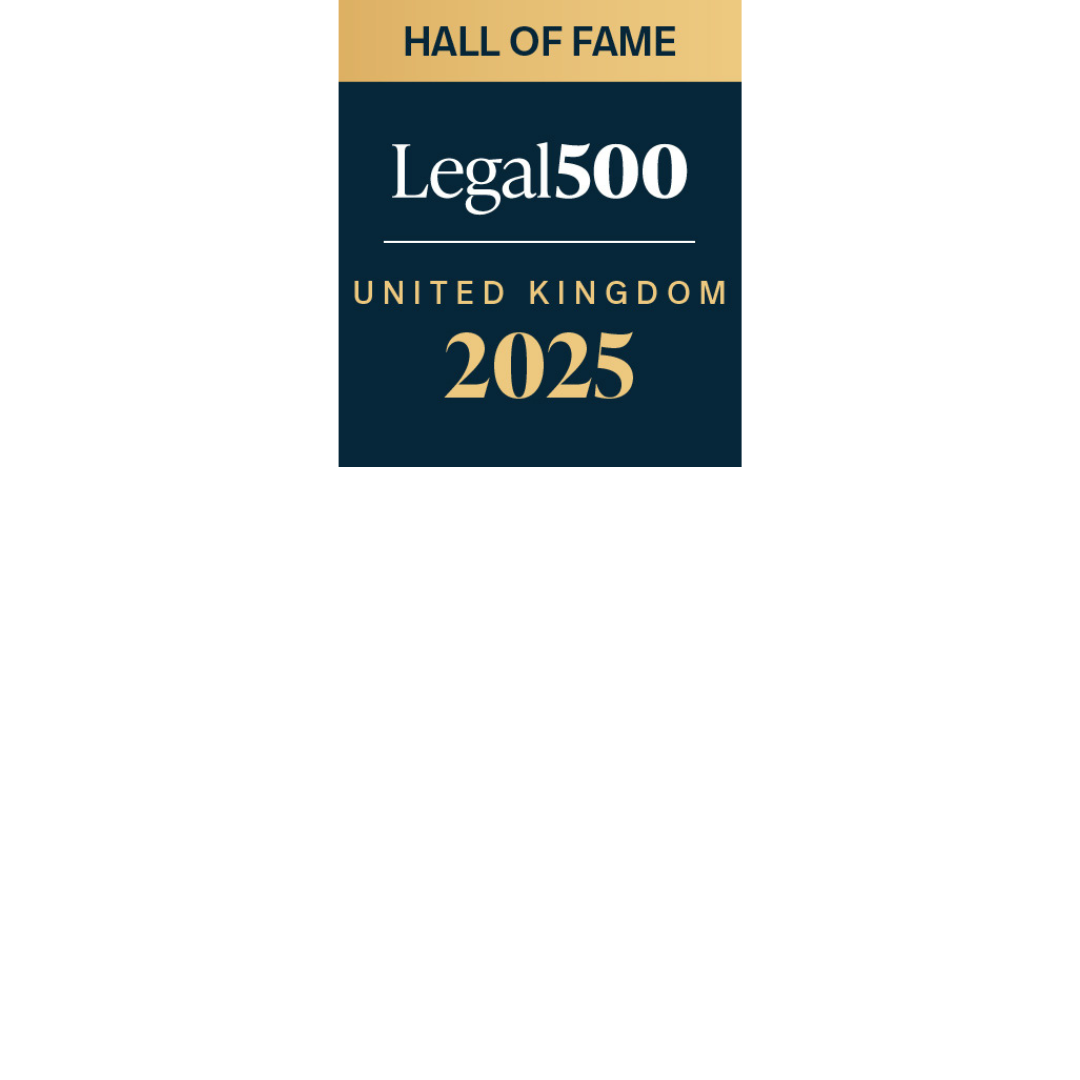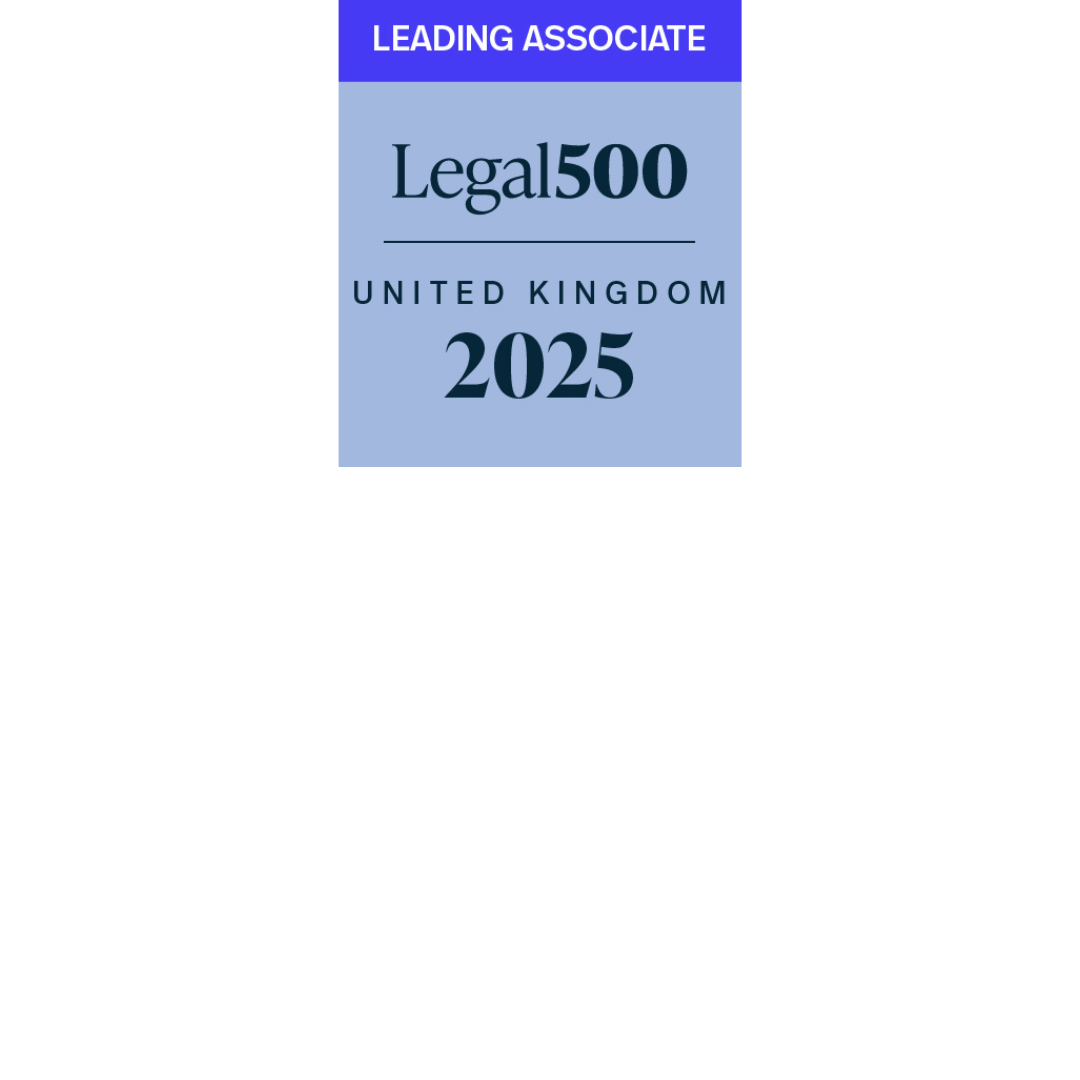
FAQs
It’s likely you’ll be able to find the answer in our FAQs which cover all of our services. You can filter questions by service area or search for a relevant word or phrase.
Unable to find an answer? Contact us on 0330 123 1229, or complete a contact form and a member of our team will be happy to help.
Court of Protection
What is court of protection Order?
A Court of Protection Order is the legal document issued by the court which sets out who has been appointed the deputy. This person is therefore able to make decisions on behalf of the individual who has lost mental capacity.
Crime | Crown Court
What happens at Crown Court?
The Crown Court generally deals with those cases which are deemed too serious or complex to remain in the Magistrates Court. It also deals with cases where the defendant elects to be tried there, rather than at the Magistrates Court, or wishes to appeal against a Magistrates Court’s original decision.
Where a not guilty plea has been entered, a Crown Court trial is heard by a judge and jury.
The members of the jury are drawn from the general public. The defendant will be represented by a barrister or higher court advocate.
Crime | Crown Court
How much does a Crown Court trial cost?
If a not guilty plea is entered and the case is allocated to the Crown Court, a trial will be necessary. Evidence is heard by a judge and jury who will consider the appropriate verdict. If the defendant is on a low income and the case is sufficiently serious, then “legal aid” is likely to be granted. This means that the defence case would be funded by the State. In Crown Court proceedings, as distinguished from those in the Magistrates Court, legal aid will commonly be granted with a requirement that the defendant pays a contribution towards his/her defence costs. Whilst this can often be substantial, a defendant is entitled to its reimbursement in the event of an acquittal. In the event of a conviction, however, court and prosecution costs are usually imposed.
If legal aid is not granted, the defendant would have to pay privately for representation. Such costs will vary tremendously and will depend on the nature of the charge, the number of witnesses and the level of preparation required. Funding by reference to an agreed hourly rate or a fixed fee would be discussed.
These funding issues also apply where defendants admit their wrongdoing by way of a guilty plea.
Crime | Crown Court
What sentences can crown court give?
As the Crown Court generally deals with the most serious cases, the sentences imposed are often custodial and lengthy. This reflects the fact that the Magistrates have usually decided that their sentencing powers are too limited. Please note, however, that custodial sentences are by no means inevitable in the event of a conviction or guilty plea. The Crown Court has a range of non-custodial penalties at their disposal.
Crime | Crown Court
What cases go to Crown Court?
Those cases which are deemed too serious or complex to be dealt with at the Magistrates Court form the substantial majority of the Crown Court’s case load. The list includes “indictable only” offences (which can only be concluded in the Crown Court) such as murder, drugs conspiracies and serious sexual offences.
Magistrates court | Crime
How to find Magistrates results?
If the outcome was announced in open court, the public should be entitled to ask the relevant court for details. However, restrictions can often apply where, for example, the defendant is a youth. Details of cases are widely reported in the media.
Crime | Magistrates court
What happens at Magistrates Court?
Virtually all criminal cases, regardless of seriousness, commence in the Magistrates Court. The substantial majority of such cases also conclude in this court. Depending on its category and seriousness, the case may then be allocated to the Crown Court, if the Magistrates Court feels that its powers of punishment are insufficient. Even if the court feels able to retain the case, defendants can sometimes elect to have their case committed to the Crown Court.
Cases are either dealt with by a District Judge, who is legally qualified, or by Magistrates. Magistrates, who usually sit as a group of three people, are not legally qualified but are assisted by a legal adviser who is fully trained.
Crime | Magistrates court
How much does a Magistrates Court trial cost?
If a not guilty plea is entered and the case remains in the Magistrates Court, a trial will be necessary. Evidence will then be heard by the magistrates or by a judge who will go on to consider the appropriate verdict. If the defendant is on a low income and the case is sufficiently serious, then “legal aid” is likely to be granted. This means that the defence case would be funded by the State and no financial contribution would be expected from the defendant. In the event of a conviction, however, court and prosecution costs are usually imposed.
If legal aid is not granted, the defendant would have to pay privately for representation. Such costs will vary tremendously and will depend on the nature of the charge, the number of witnesses and the level of preparation required. Funding, by reference to an agreed hourly rate or a fixed fee, would be discussed.
These funding issues apply equally to the most common scenario whereby defendants admit their wrongdoing by way of a guilty plea.















